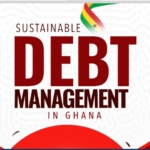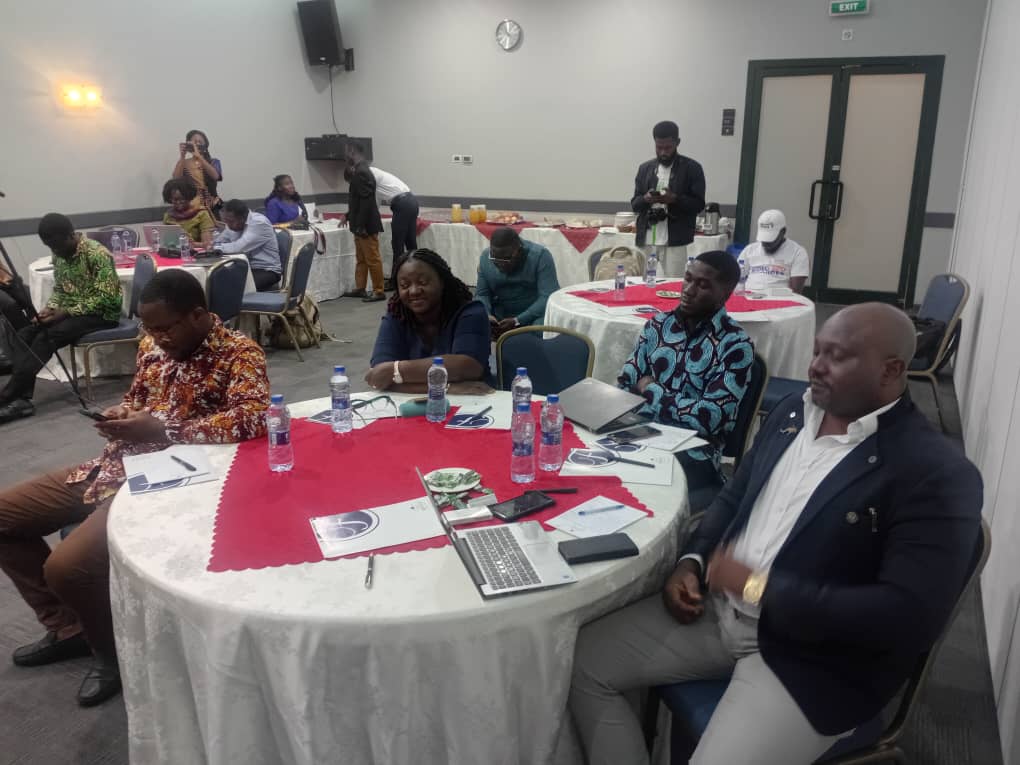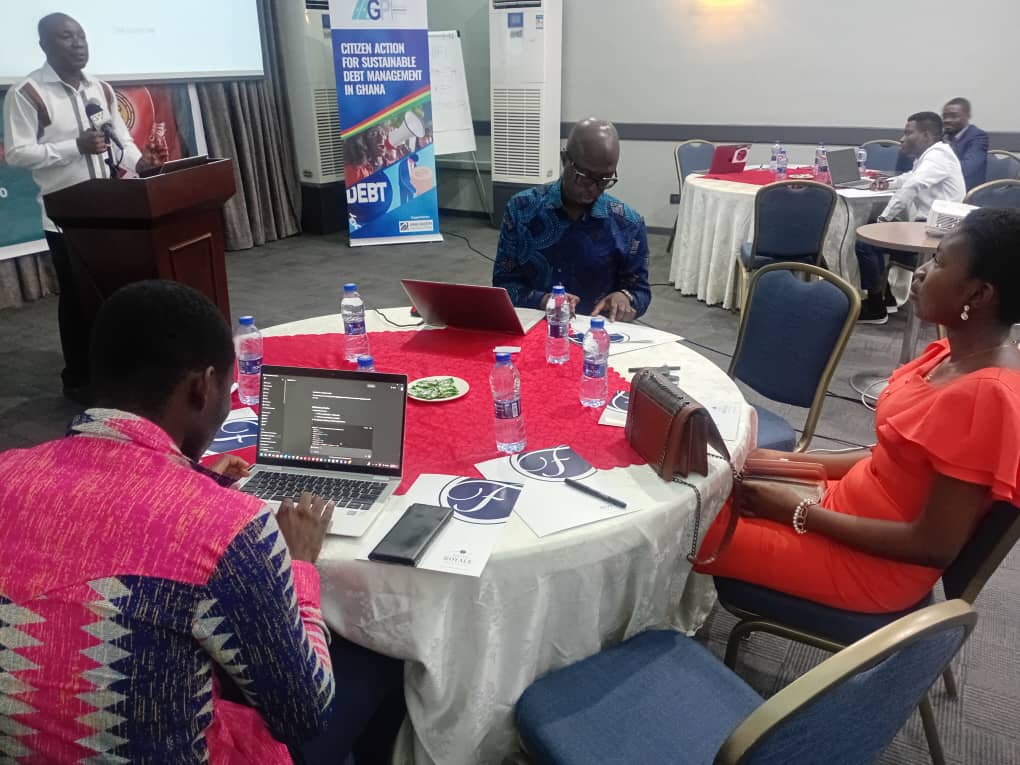General
Economic Governance Platform launches report on Sustainable Debt Management in Ghana
A new report released by Economic Governance Platform has laid bare the underlying structural deficiencies of the country’s debt landscape, highlighting fiscal indiscipline, weak procurement systems, and a lack of transparency as central to the country’s deepening debt crisis. The report, titled...
MyJoyOnline
published: Jul 10, 2025


A new report released by Economic Governance Platform (EGP) has laid bare the underlying structural deficiencies of the country’s debt landscape, highlighting fiscal indiscipline, weak procurement systems, and a lack of transparency as central to the country’s deepening debt crisis.
The report, titled “Sustainable Debt Management in Ghana”, reveals that Ghana’s fiscal policy remains markedly “procyclical, influenced by commodity and electoral cycles, with significant fiscal slippages around election period.”
According to the findings, the nation routinely experiences substantial fiscal slippages around election periods, resulting in expenditure overruns driven by public sector wages, subsidies, and flagship social programmes.

This pattern, compounded by rigid budgetary structures such as statutory transfers, interest payments and employee compensation, including COVID-19 and foreign conflicts, has eroded Ghana’s fiscal buffers.
“This has left the economy with limited buffers to absorb external shocks like the COVID-19 pandemic and the Russia-Ukraine war. Expenditure overruns—driven by wages, subsidies, and social programs—along with structural budgetary rigidities (e.g., interest payments, DACF, and employee compensation) consume most of the government’s revenue” the report indicated.
A critical concern raised in the report is the systemic weakness in Ghana’s procurement regime. Between 2012 and 2021, nearly 86% of high-value government contracts were awarded through sole-sourcing or restricted tendering, bypassing competitive procurement standards.
“These trends have reinforced the country’s dependence on borrowing and deepened its
debt burden. Weaknesses in the procurement regime have further exacerbated the problem. Between 2012 and 2021, nearly 86% of high-value government contracts were awarded through sole-sourcing or restricted tendering, in violation of competitive procurement norms. This, combined with inflated pricing, poor contract management, and political interference, has led to financial waste, cost
overruns, and increasing debt.”
On the issue of debt transparency, the findings are especially troubling. Prior to Ghana’s engagement with the IMF-supported programme, the government significantly underreported the country’s debt exposure.
While official figures pegged debt at 75.9% of GDP, a joint IMF-World Bank Debt Sustainability Analysis placed the present value debt-to-GDP ratio at a staggering 105%, categorising Ghana as being in debt distress.

Moreover, the country’s external debt service-to-revenue ratio stood at 34%—well above the internationally accepted 18% threshold. Notably, the government had excluded energy sector liabilities and the cost of the financial sector clean-up from its debt calculations, further distorting the fiscal outlook. Collateralised debt arrangements like ESLA and DAAKYE were flagged as diminishing fiscal flexibility and transparency.
The report also criticised the Bank of Ghana’s role in deficit financing, particularly through overdraft facilities, which contributed to inflation and were not fully disclosed until highlighted by the IMF.
On recommendation, EGP calls for a clearer separation of roles between debt operations and liquidity management, with strengthened oversight over the central bank’s discretionary powers.
The report also recommends the establishment of an independent Fiscal Council to provide non-partisan oversight on government borrowing, expenditure and deficit strategies.
The EGP argues that such a body is essential to safeguard fiscal discipline, enhance debt accountability, and ensure sustainable economic governance.
Read More